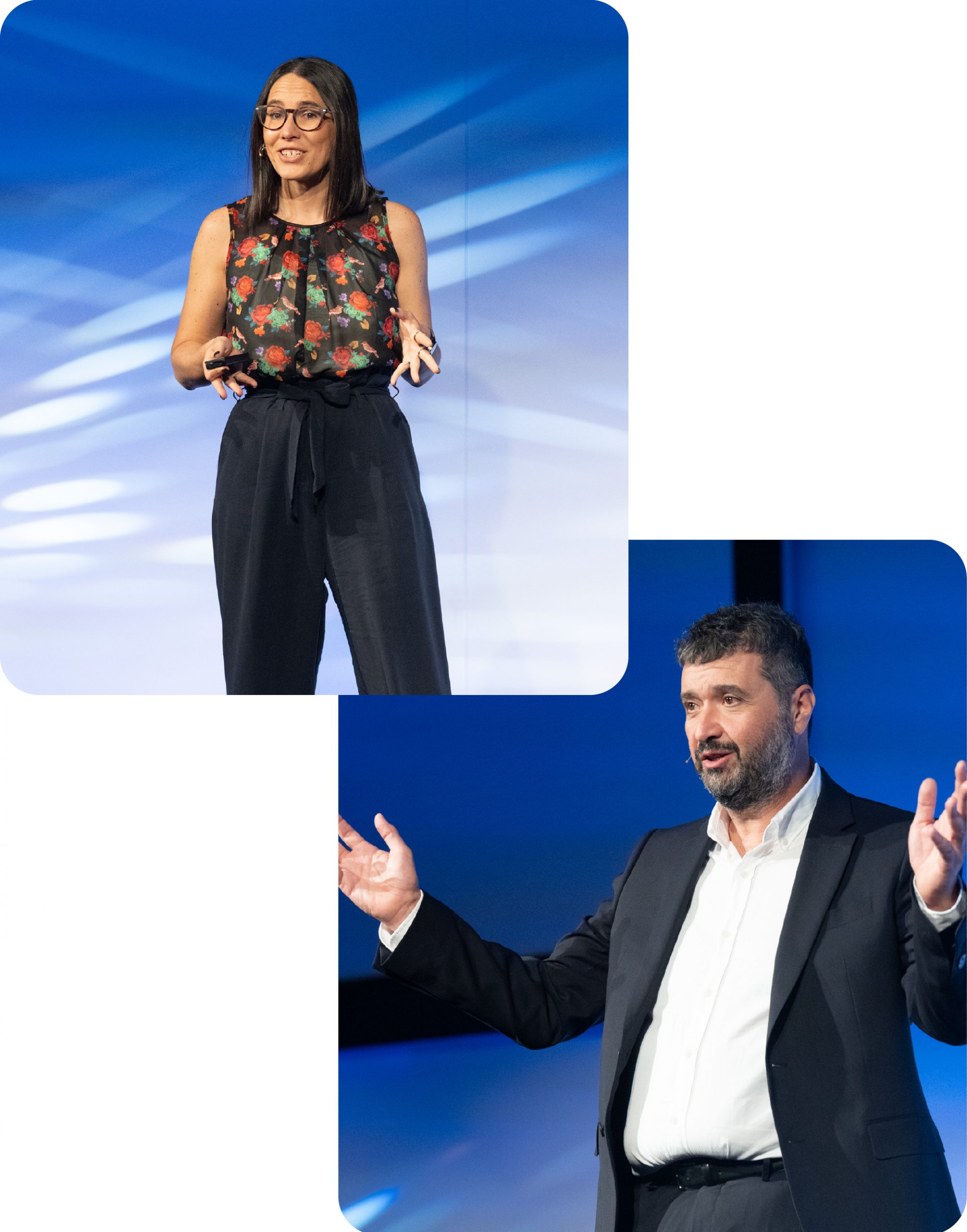The Brains Behind Avature AI
Our in-house team of over 50 AI experts is actively shaping the future of artificial intelligence by conducting novel research while continuously enhancing Avature’s capabilities.
Machine Learning (ML) Team
The ML team sits at the heart of our AI innovation and is in charge of optimizing our models through cutting-edge research and development.
Natural Language Processing (NLP) Team
The NLP team is responsible for improving features such as our matching engine, skills framework and resume parser.
Chatbots Team
The Chatbots team is focused on developing and maintaining our conversational AI chatbot and constructing a database to continue improving our language processing and generation capabilities.




